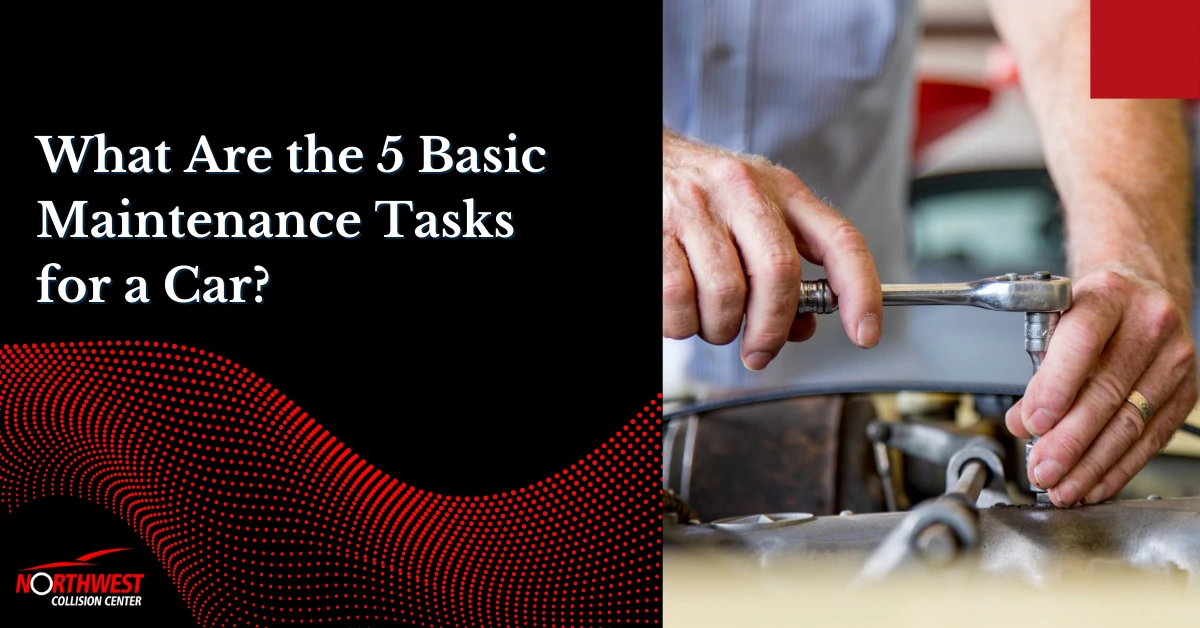Just like gas-powered vehicles, electric vehicles need to be refilled when used for extended periods. The only difference is that it has to be recharged like an electronic device. Most EV owners park their cars in their garage and plug the charger in, but you can also use a standard outlet or install a wall charger for a quicker and easier charge.
Charging your electric vehicle at home is much more convenient and cheap because it will allow you to enjoy the lower rate for residential electricity. The average cost of Charging an EV at home is less than the cost of having an air conditioner. Charging in a multi-family location such as condominiums and apartments is possible, but keep in mind that it will be like public charging.
How to Charge Electric Vehicles at Home?
If you want electric car charging at home, it is essential that you have a charging port installed in your garage where you park your car at the end of the day. EV drivers usually have a home charging port because it can charge faster and have safety features built into the charger itself.
Dedicated home charging ports are compact and mounted to a wall with a charging cable to plug in your electric vehicle. You can also use electric vehicle supply equipment (EVSE) as a backup for emergencies.
How Much Does it Cost to Install an EV Charger at Home
If you want to install an EV charger at home, it might cost you up to $630. It may seem a little pricey, but it will save you money on public charging stations in the long run. Once the charging port is installed, you will only have to pay for the electricity you use.
How Fast Can You Charge an EV at Home?
The charging speed for EVs is measured through kilowatts. You can charge electric vehicles from 3.6kW up to 7kW or about 15-30 miles range per hour of charging with a home charger. The maximum charging speed is limited to your electric car charger, but the usual maximum charging rate for home charging points is 7kW.
Getting an EV Charging Port Installed at Home
To have an EV charging port at home, you need the help of a professional charging provider. The installation process includes mounting the charge port on an exterior wall or a garage wall where you can park and connect your electric vehicle easily. It would take about three hours, depending on the location and the difficulty of the installation.
How Often Should You Charge an EV at Home?
When it comes to charging electric vehicles, you can charge however often your EV needs. Same with any electronic device, you can charge it every night and top it up in the morning. Although it does not necessarily need to be charged every day, most EV owners plug their cars in when not in use, giving it the maximum charge for long and unexpected trips.
If you charge your electric vehicle overnight, you can take advantage of the cheap electricity rates at night. You can also enjoy driving your car with a full battery each morning. If you are worried about your EV overcharging, remember that there is no need to unplug when the battery is full. The charging will automatically stop with a home charger.
Optimizing Your EV Charger at Home
As more and more people start charging their electric vehicles at home, it is essential to know the best way to save energy and electricity. Here are some ways you can optimize your EV charger.
For Cheaper Energy
As an EV owner, you may be aware that electric cars save more money in the long run by powering the car with electric energy instead of gas and fossil fuels. By setting a regular schedule for the charging of your EV, you can save more energy consumption. Keep track of your battery level and only charge when your EV battery reaches a certain level.
For Greener Energy
Switching from gas-powered vehicles to electric vehicles helps the environment with renewable energy for the machines. Opting to use a more environmentally friendly energy provider, you can make EV charging at home greener.
If you are an owner of an electric vehicle or are planning to own one, it is best that you know all of your options for saving energy and money. Electric car charging at home will help cut the cost of charging your vehicle and make it more convenient for you.
Northwest Collision Center is the best auto body repair shop in St Petersburg, FL for all of your electric vehicle needs and repairs. We provide auto paint, restoration, and detailing. You can find everything you need for your electric vehicle. Contact us now!










